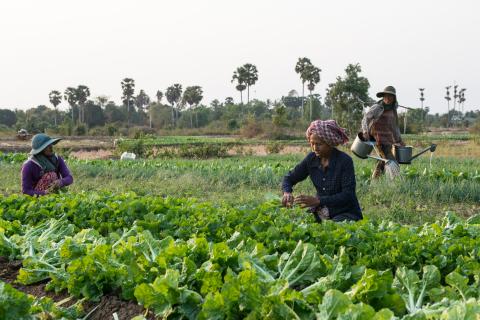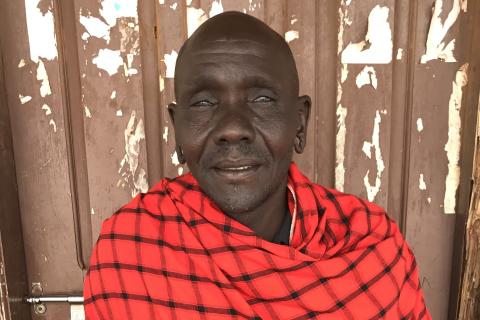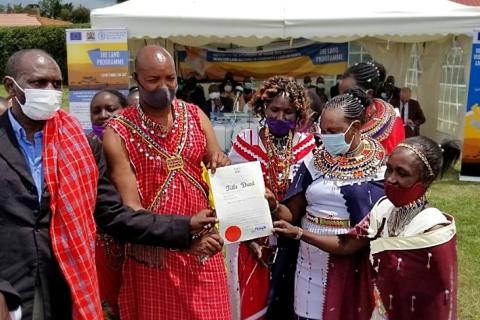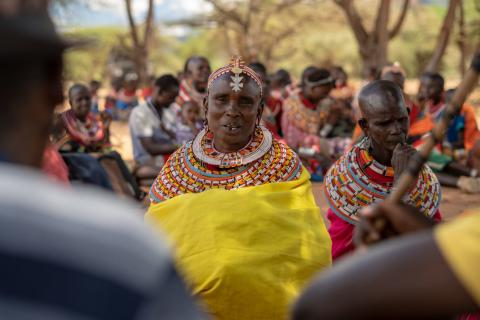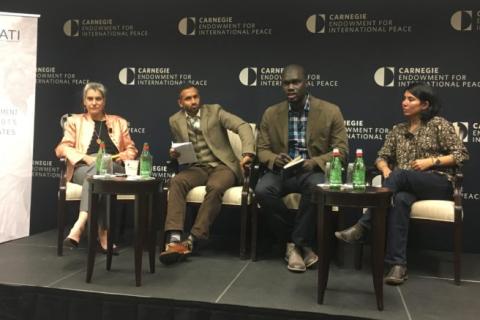Quel est le rapport entre le genre et la gouvernance foncière ?
Récapitulation du récent webinaire du Land Portal et du MRLG sur la gouvernance foncière équitable en termes de genre dans la région du Mékong
Le jeudi 15 février, le projet de gouvernance foncière dans la région du Mékong (MRLG) et le Land Portal ont lancé le premier webinaire de la série sur l'état des terres dans le Mékong. Cette série, qui comprendra trois webinaires en 2024 et 2025, vise à mettre en lumière les questions foncières dans la région du Mékong à un moment où la transformation rurale est immense.

